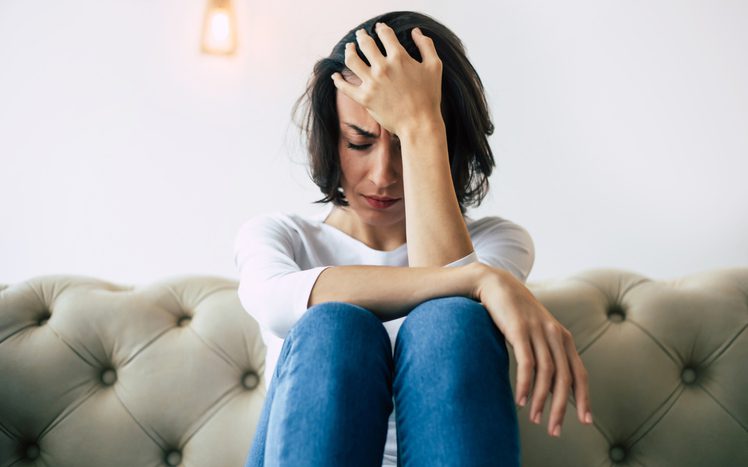This article originally appeared in Macaroni Kid on July 1, 2021, by Lindsay McKeen, LCSW, CCS, Outpatient Therapy Supervisor, Health Affiliates Maine. Question: My husband and I divorced last year and while initially our daughter (11) was adjusting well to the big...
Understanding Mental Illness Articles
9 Ways to Maintain Your Mental Health
Mental health can and should be a daily practice, taken into consideration more often than “when something is wrong” or when going through a particularly difficult time. Taking care of your mental health is a preventative form of care and by incorporating daily...
Ask the Experts: Mom’s Concern—My 17-year-old Son Smokes Marijuana
This article originally appeared in Macaroni Kid on April 29, 2021, by Luanne Starr Rhoades, LCPC, LADC, CCS; Health Affiliates Maine. Question: I recently found out my 17-year-old is smoking marijuana. He said he does it to help with anxiety and that he finds a lot...
Do I Have a Problem with Alcohol?
If you are asking this question, you are probably not alone. In fact, 18 million Americans struggle with misusing alcohol or with the symptoms of Alcohol Use Disorders (AUD). If you feel as though your relationship with alcohol is a problem or could become a problem,...
Is Bipolar Disorder More than Mood Swings?
Bipolar disorder is thought to be a rare condition consisting of “mood swings” but it’s much more common and complex than that. Bipolar disorder affects 60 million people worldwide and approximately 5.7 million Americans. Of these, an estimated 51% will go untreated...
New Year, New Mindset
Have you found yourself at the beginning of a new year with good intentions and hefty resolutions, but ended up falling off track? We’ve all been there! Although it can seem discouraging, it is possible to make changes for the better. By having a growth mindset, you...
Is Social Media Affecting our Mental Health?
Social media was created for a sense of community—and now, more than ever, we all need interaction with other humans, even if it is over the internet. Through social media, we are able to find like-minded people all over the world and easily interact with them, learn...
How to Create Personal Boundaries to Improve Mental Health
What are boundaries? There are two types of boundaries that you should create for yourself: external and internal. External boundaries are guidelines that determine how you allow others to behave towards you. Internal boundaries maintain balance, exhibit...
How Routine Could Save Your Mental Health
Studies have shown that a daily routine alleviates feelings of stress, anxiety and other mental health issues. It’s also proven beneficial for those working through addiction, insomnia, and helps give structure to children who may otherwise experience anxiety. Though...









